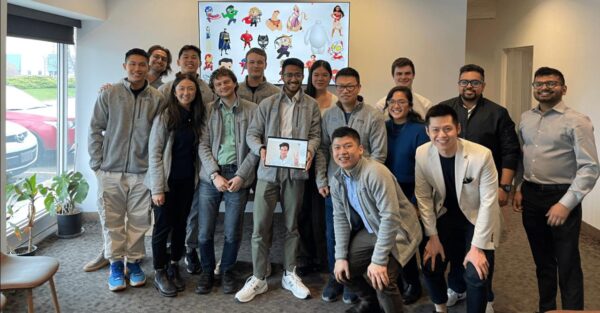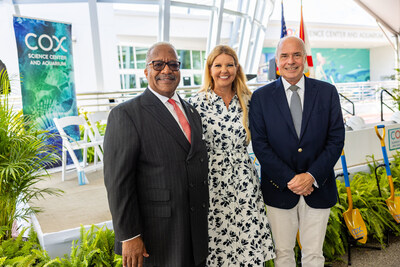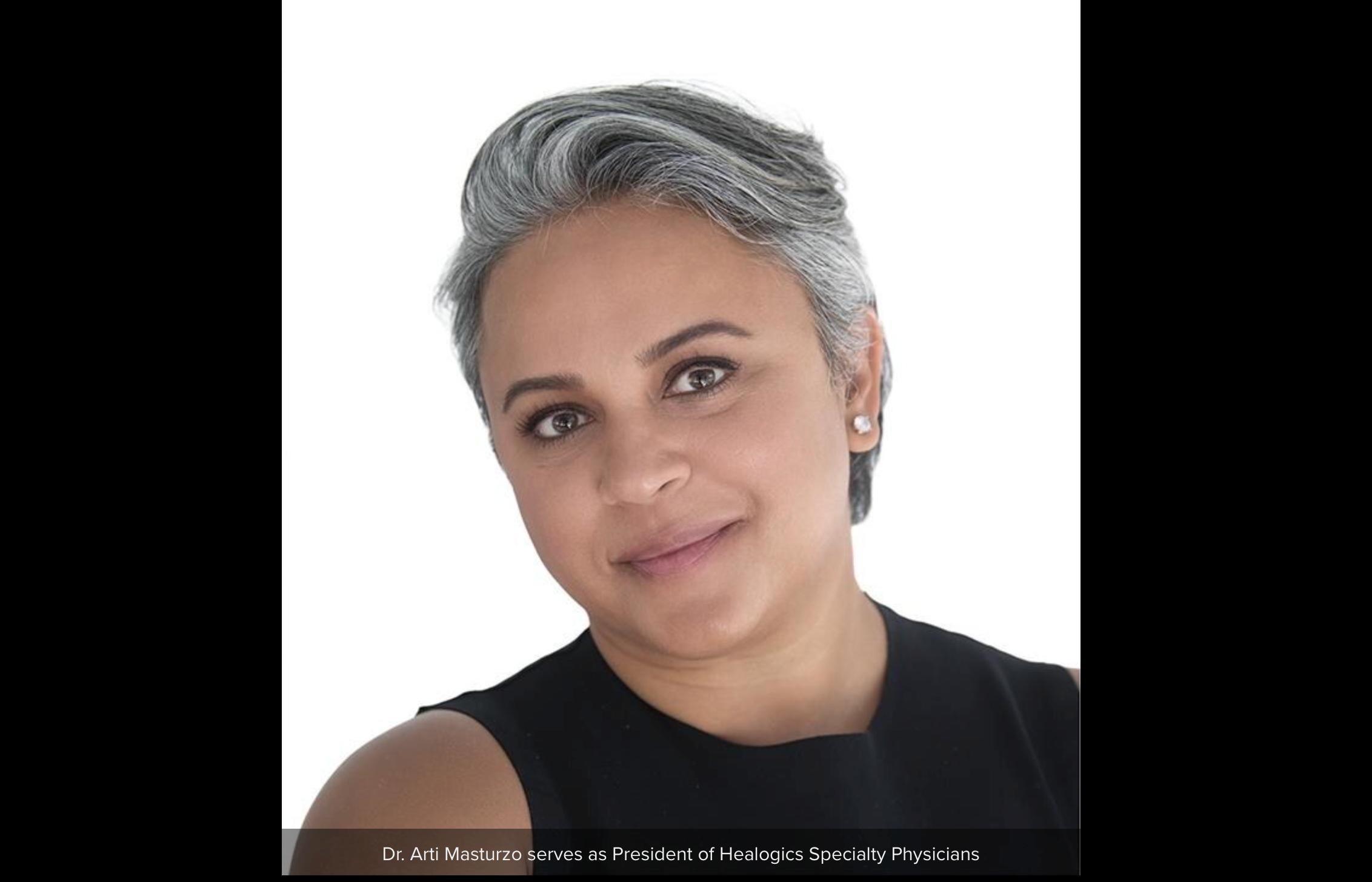The Cox Science Center and Aquarium (CSCA) proudly announces the appointment of Eric Stonestrom as its new Board Chair, effective immediately following the retirement of Lew Crampton. Stonestrom, a distinguished technology executive with a deep-rooted passion for sciences, brings over 40 years of expertise in telecommunications to his new role.
“Eric’s appointment marks an exciting chapter for us,” said Kate Arrizza, President and CEO of CSCA. “His impressive career and commitment to advancing science education make him the ideal leader to guide us through our multimillion-dollar expansion. We are grateful for Lew’s invaluable service and eagerly anticipate the innovative vision Eric will bring.”
Stonestrom’s career began at AT&T Bell Laboratories in 1984 after earning degrees from UC Berkeley’s College of Engineering. He later spearheaded the establishment of Airspan Networks Inc., where he served as CEO and Executive Chairman for 26 years. Under his leadership, Airspan became a global leader in wireless network solutions, garnering numerous patents and accolades for innovation.
A Palm Beach resident since 2000, Stonestrom has been deeply involved in community organizations, previously serving on the board of the Academy of the Palm Beaches and later joining CSCA’s board in 2015. His dedication to science education is underscored by his belief in nurturing young minds with foundational knowledge critical for lifelong success.
“This is a pivotal moment for the Cox Science Center,” remarked Stonestrom. “I am eager to collaborate with our exceptional team and board members to expand our reach and impact. Our upcoming expansion will not only enhance our facilities but also broaden our educational programs, ensuring that CSCA remains a cornerstone of scientific discovery and learning.”
The planned expansion will double CSCA’s current capacity, featuring state-of-the-art facilities including a new science building, expanded outdoor spaces, and one of Florida’s largest indoor aquariums. These developments are poised to attract nearly one million visitors annually, offering immersive educational experiences from interactive exhibits to advanced biological laboratories.











